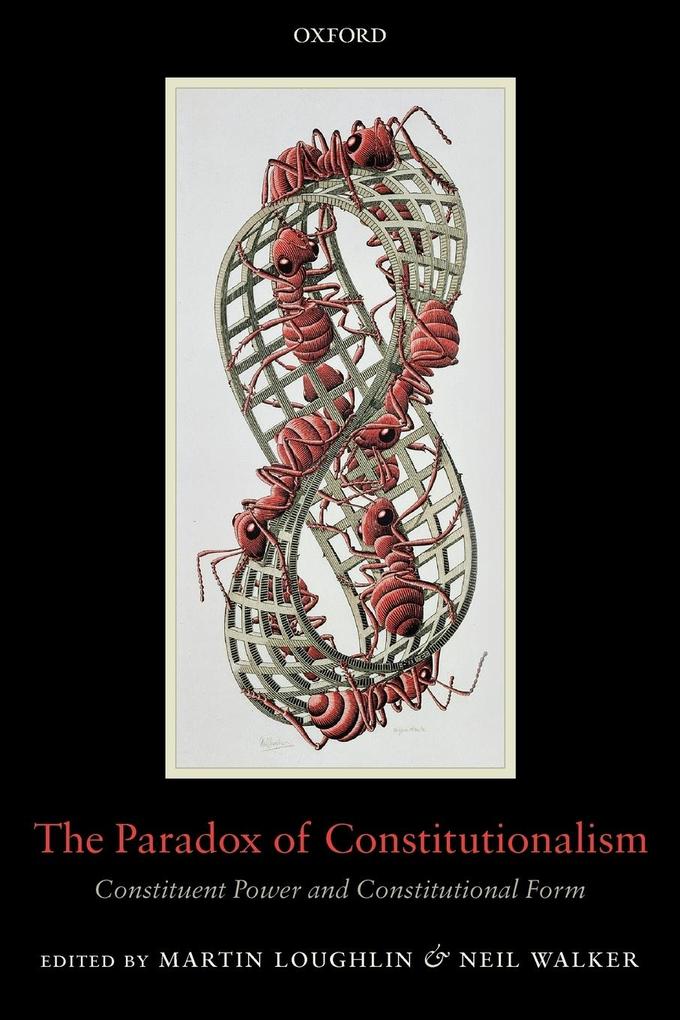The book sets out to examine some of the key features of what we describe as the paradox of constitutionalism: whether those who have the authority to make a constitution - the 'constituent power' - can do so without effectively surrendering that authority to the institutional sites of power 'constituted' by the constitutional form they enact. In particular, is the constituent power exhausted in the single constitutive act or does it retain a presence, acting as a critical check on the constitutional operating system and/or an alternative source of authority to be invoked in moments of crisis? These questions have been debated both in different national contexts and at the level of constitutional theory, and these debates are acknowledged and developed in the first two sections of the book.
Part I includes chapters on how the question of constituent power has been treated in the constitutional histories of USA, France, UK and Germany, while Part II examines the question of constituent power from the perspective of both liberal and non-liberal theories of the state and legal order. The essays in Part III consider the operation of constitutionalism with respect to a series of contemporary challenges to the state, including those from popular movements below the level of the state and challenges from the supranational and international levels, and they analyse how the puzzles associated with the question of constituent power are played out in these increasingly important settings.
Inhaltsverzeichnis
- Introduction
- 1: Hans Lindahl: Constituent Power and Reflexive Identity: Towards an Ontology of Collective Selfhood
- A Conceptual History of Constituent Power
- 2: Martin Loughlin: Constituent Power Subverted: From English Constitutional Argument to British Constitutional Practice
- 3: Stephen M. Griffin: Constituent Power and Constitutional Change in American Constitutionalism
- 4: Lucien Jaume: Constituent Power in France: The Revolution and its Consequences
- 5: Christoph Möllers: 'We are (afraid of) the people': Constituent Power in German Constitutionalism
- 6: John P. McCormick: People and Elites in Republican Constitutions, Traditional and Modern
- The Articulation of Constituent Power: Rival Conceptions
- 7: David Dyzenhaus: The Politics of the Question of Constituent Power
- 8: Rainer Nickel: Private and Public Autonomy Revisited: Co-originality in Times of Globalization and the Militant Security State
- 9: Paolo Carrozza: Constitutionalism's Post-Modern Opening
- 10: Emilios Christodoulidis: Against Substitution: The Constitutional Thinking of Dissensus
- Extension and Diversification of Constituent Power
- 11: Ulrich Preuss: The Exercise of Constituent Power in Central and Eastern Europe
- 12: Stephen Tierney: 'We the Peoples': Constituent Power and Constitutionalism in Plurinational States
- 13: Neil Walker: Post-Constituent Constitutionalism? The Case of the European Union
- 14: Bardo Fassbender: 'We the Peoples of the United Nations': Constituent Power and Constitutional Form in International law
- 15: Damien Chalmers: Constituent Power and the Pluralist Ethic
- 16: James Tully: The Imperialism of Modern Constitutional Democracy










